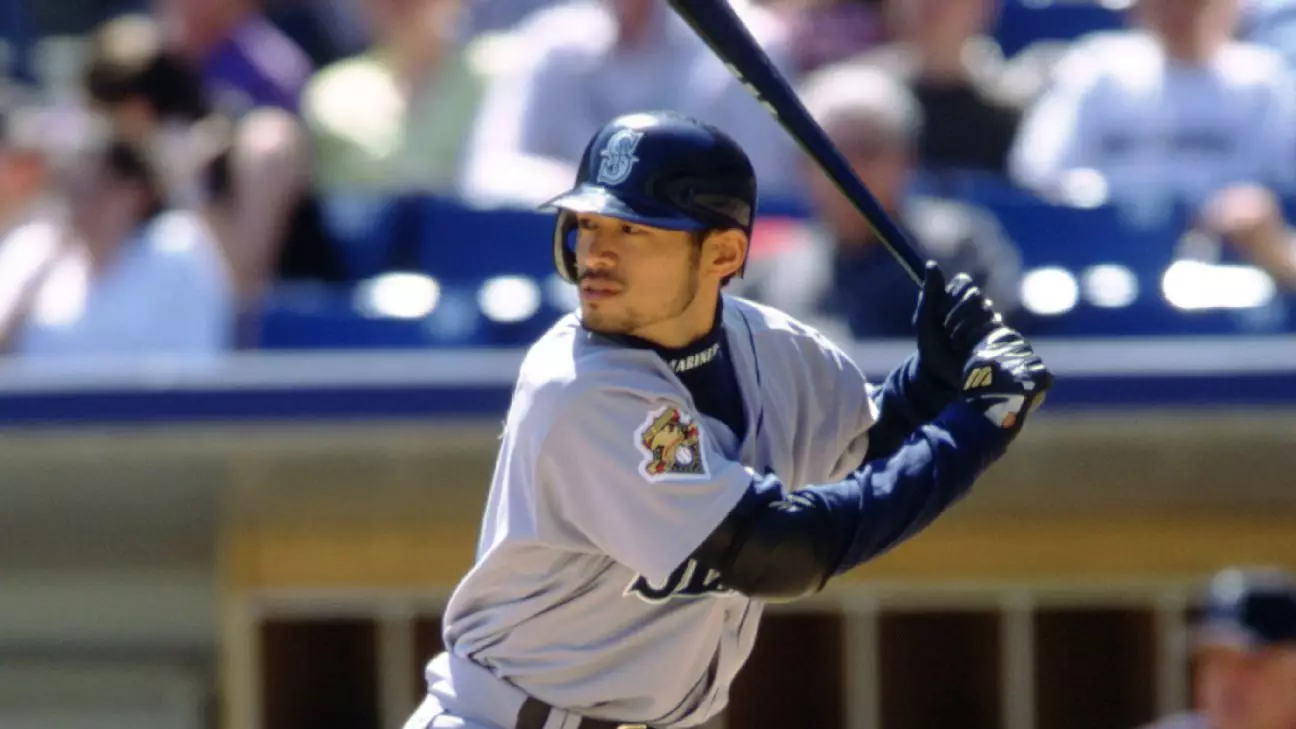Baseball fans and analysts alike eagerly await the announcement of the Hall of Fame ballot each year, as it not only highlights the sport’s rich history but also sparks intense debate on player legacies. The 2024 ballot has introduced an intriguing mix of new candidates alongside notable holdovers, setting the stage for discussion on baseball’s evolving narrative.
New Faces on the Ballot
The recent announcement of 14 new candidates presents a fresh wave of talent seeking to etch their names into baseball history. Among these newcomers are celebrated outfielder Ichiro Suzuki and iconic pitcher CC Sabathia, both of whom have made substantial contributions to their teams and the sport overall. Their credentials speak volumes: Ichiro made his mark not just by being a two-time AL batting champion but by also amassing an impressive record of 262 hits in 2004, a feat that still stands as a testament to his hitting prowess. Meanwhile, Sabathia, a six-time All-Star and the AL Cy Young Award winner in 2007, boasts a stellar track record with over 3,000 strikeouts across a 19-year career.
The ballot also includes a cohort of other skilled players like pitcher Félix Hernández and outfielder Carlos González. Hernández, the 2010 AL Cy Young winner, is renowned not only for his impressive strikeout rate but also for pitching a perfect game in 2012. González complements this star-studded list as a three-time All-Star known for his consistency and defensive skills.
While the new candidates steal much of the spotlight, several holdovers garner significant attention, particularly reliever Billy Wagner. Despite falling just short of the required 75% of the vote, Wagner continues to be a prominent figure in this year’s discussion. His dominance as a closer is echoed in his impressive strikeout rate, making him one of the most effective relief pitchers of his era.
However, the specter of controversy looms large over this year’s ballot due to the presence of players associated with performance-enhancing drugs (PEDs), particularly Alex Rodriguez and Manny Ramirez. Rodriguez garnered only 34.8% of the votes, suggesting that lingering doubts about his legacy might hinder his chances. Their inclusion raises questions about the criteria used to judge player integrity and the bittersweet nature of their accomplishments.
As we scrutinize the player statistics and accolades, it’s essential to consider the broader implications that each candidate holds for baseball history. Candidates like Dustin Pedroia and Hanley Ramírez not only provided stellar performances in their prime but also left a cultural impact, particularly in cities like Boston and Miami, where they became fan favorites.
Pedroia’s accomplishments include being a vital contributor to two World Series titles and winning the AL MVP award in 2008, displaying both individual brilliance and team contribution. Ramírez, on the other hand, established himself with a remarkable blend of power and speed, illustrated by his career totals of over 270 home runs and 281 stolen bases. Their value transcends numbers, celebrating their roles in the fabric of their respective franchises.
Another layer to consider is the induction process and its influences; for instance, the classic baseball committee is preparing to evaluate players like Dick Allen and Luis Tiant. This brings up a discussion about the impact of time and changing perceptions on player legacies.
As the Hall of Fame ballot voting approaches, with ballots due by December 31 and results scheduled to be announced on January 23, the conversation is heating up among fans and analysts. The outcomes will reflect not only individual performances but also the evolving standards of what constitutes a Hall of Fame player. As baseball continues to grapple with its history, the 2024 ballot encapsulates the sport’s ongoing dialogue on excellence, integrity, and legacy.
The anticipation for the ceremony scheduled for July 27, which will induct this year’s inductees alongside those selected by the classic baseball committee, adds to the excitement. With the stakes higher than ever, candidates are not just competing for a plaque, but for a lasting place in the annals of baseball history.
The introduction of new talent and the shuffling of returning candidates make the 2024 Hall of Fame ballot an essential focus for anyone invested in the narrative of America’s pastime. Whether it is an examination of statistical dominance or the appreciation of players’ cultural impacts, this year’s ballot serves as a vital crossroads in baseball’s ongoing legacy.


Leave a Reply